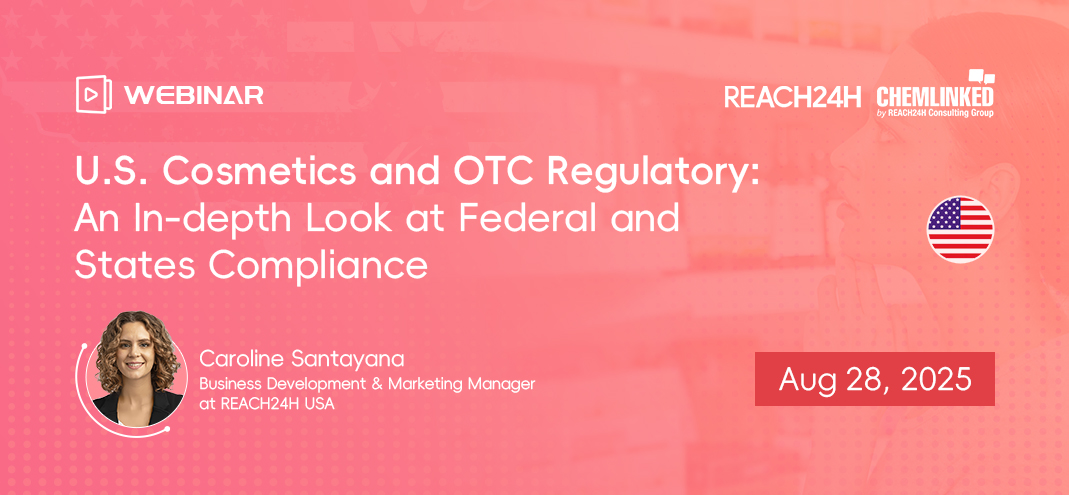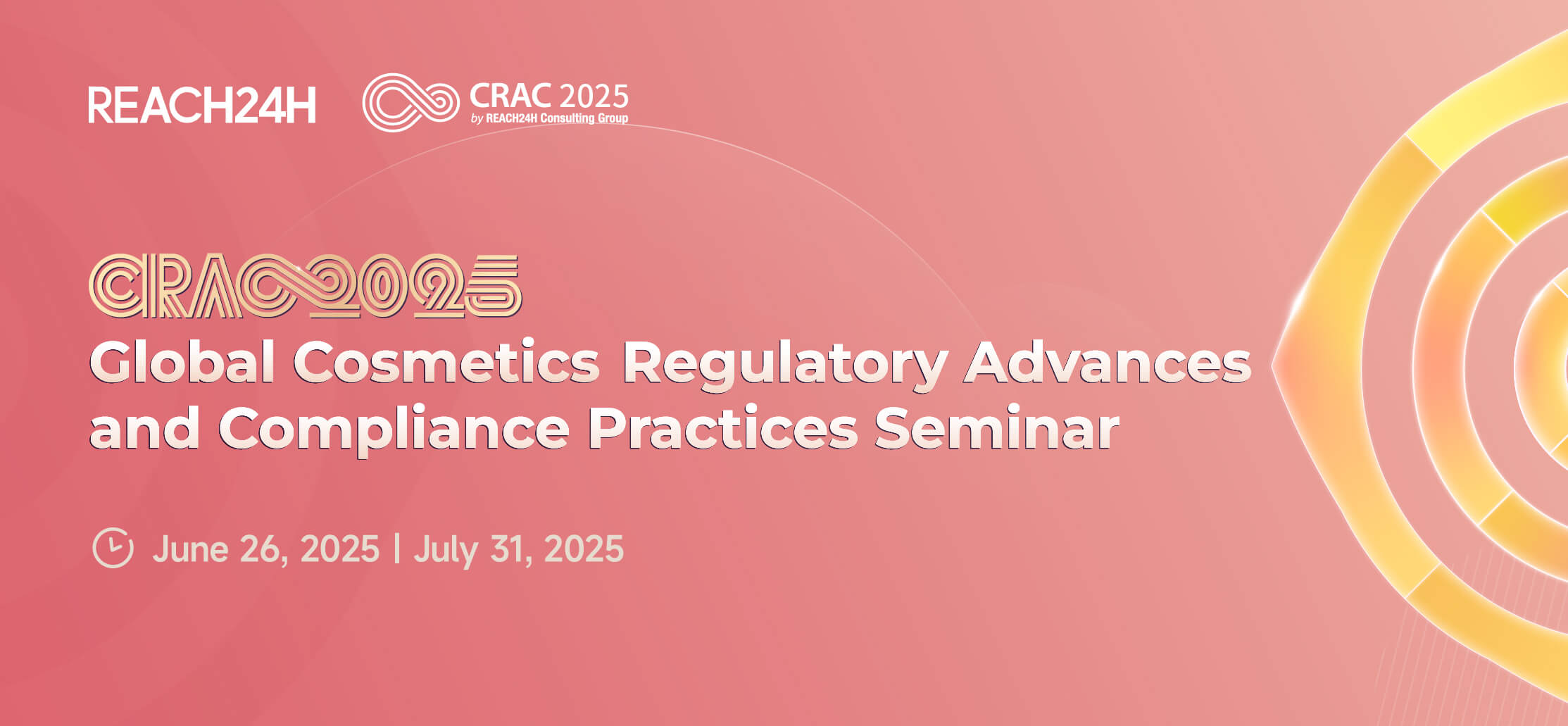Indonesia's cosmetics market is thriving, offering substantial growth opportunities for both local and international brands. However, entering this lucrative market requires strict compliance with regulations set by the Indonesian National Agency of Drug and Food Control (BPOM).
What is the ASEAN Cosmetic Directive (ACD)?
The ASEAN Cosmetic Directive (ACD) is a key component of the ASEAN Harmonised Cosmetic Regulatory Scheme (AHCRS). It was introduced to establish uniform safety and quality standards for cosmetics across ASEAN member states, including Indonesia, Malaysia, Thailand, Vietnam, Myanmar, Cambodia, Laos, Singapore, the Philippines, Brunei, and Timor-Leste.
Since its implementation in 2008, the ACD allows cosmetic products approved in one ASEAN country to be marketed in other member states. However, businesses must meet the local notification requirements of each country, including Indonesia, to ensure compliance with individual regulations.
Main Regulations on Cosmetic Notification in Indonesia
| Document Title | Implementation Date |
| Regulation Concerning Cosmetic Notification | 2011-01-01 |
| Procedure for Submission of Cosmetics Notification | 2022-10-05 |
In addition to the notification requirement, Indonesia has established a robust regulatory framework covering production, importation, GMP compliance, ingredient standards, labeling, claims, advertising, PIF documentation, and post-market supervision of cosmetics. Notably, Halal certification is mandatory for cosmetics in Indonesia, aligning with consumer preferences in the predominantly Muslim population.
BPOM: Indonesia's Competent Authority
In Indonesia, cosmetic products are regulated by the BPOM (BADAN POM, Badan Pengawas Obat dan Makanan), the National Agency of Drug and Food Control. BPOM ensures that cosmetic products meet the safety, quality, and efficacy standards required for sale in Indonesia. It is the agency to grant cosmetic production licenses and cosmetic notification before market entry.
Who Can Be a "Product License Holder" in Indonesia?
Indonesian regulations require that cosmetic notifications be submitted by an Indonesian company. Businesses outside Indonesia have three main options:
Establishing a local subsidiary
Partnering with a reliable local distributor
Engaging a third-party consulting service, such as REACH24H
Steps to Notify Cosmetics in Indonesia
1. Document Preparation and Compliance Check
Submit essential documents such as the Certificate of Free Sale (CFS, only for imported products from non-ASEAN countries) and Good Manufacturing Practices (GMP) certifications, which must be notarized and certified in the country of origin.
Ensure the product’s formula and packaging comply with BPOM’s regulatory standards.
2. Notifkos Account Registration
Companies without a Notifkos account must register one. The process includes submitting company details and a recommendation letter from UPT BPOM.
Notifkos Account setup can take 2-3 months.
3. Cosmetic Product Notification and Payment
Submit the product notification online. Once approved, a notification number will be issued.
Fees: IDR 1,500,000 for non-ASEAN products; IDR 500,000 for ASEAN-made products.
Processing time: The formula verification will be processed by NADFC. Officially, it takes 14 working days after payment, but delays are common.
Notification Completion Time: The entire process typically takes 3 to 4 months, including the Notifkos account registration.
Validity: The issued notification number is valid for 3 years and is renewable.
Important Notes for Indonesia BPOM Cosmetic Notification
Language Requirement: Product functions, usage instructions, and warnings/precautions must be written in Indonesian on the product label.
Certification: Both the Certificate of Free Sale (CFS) and Good Manufacturing Practices (GMP) certificates need to be notarized and certified before being accepted in Indonesia.
To know your ingredient regulatory status, try our COSMETIC INGREDIENT SEARCH TOOL for a comprehensive search.
Documents Required for Indonesia Cosmetic Notification
Certificate of Free Sale (CFS) - Notarized and certified
Good Manufacturing Practices (GMP) - Notarized and certified
Letter of Authorization (LoA) - From the owners of products authorized for the company who are responsible for putting products on the market in Indonesia
Contract Manufacturing Agreement - Between the brand owner and the manufacturer
Ingredient list
Intended Use/Claims
Product Information
Additional documents as required by BPOM
Product Information File (PIF) Requirements in Indonesia
After completing the notification process, the Cosmetic Notification Holder is obligated to compile a Product Information File (PIF) for the product. This document must be readily available and accessible for review by the relevant authorities upon request.
How REACH24H Can Help with Indonesia Cosmetic Notification
At REACH24H, we offer expert regulatory support to navigate Indonesia’s BPOM cosmetic registration process, ensuring compliance and minimizing risks. Our services include:
Product License Holder Service: Register your products under our Indonesian companies to have a more flexible local distribution strategy.
Ingredient Compliance Reviews: Identifying restricted or banned ingredients in your formula.
Labeling and Packaging Review: Ensuring all product labels meet Indonesia BPOM’s requirements, including the Indonesian language mandate.
Document Preparation: Assisting with the submission of all necessary documents for BPOM notification.
PIF Compilation: Preparing and maintaining a comprehensive Product Information File for inspections.
Regulatory Updates: Keeping your business informed of the latest Indonesia BPOM regulations and changes.
Why Choose REACH24H for Your Cosmetic Regulatory Needs
With years of experience assisting over 1,000 global cosmetic companies, REACH24H provides effective regulatory solutions tailored to Indonesia’s cosmetic market. Our team ensures your products meet BPOM’s requirements and are ready for market entry without unnecessary delays. For more information, contact us at customer@reach24h.com.
FAQ
Q: If a lip product contains ethanol, is it still possible to obtain Halal certification in Indonesia?
A: Yes, according to the 2018 MUI Decree No. 11, the inclusion of ethanol (alcohol) in cosmetics is allowed and can be certified as Halal, provided the following conditions are met:
Ethanol must not originate from Ḥamr (alcoholic beverages) or the alcohol industry. This means:
It cannot come from the fermentation of materials typically used to brew alcoholic beverages (e.g., grapes, dates, etc.);
It can come from petrochemical synthesis or non-Ḥamr fermentation (e.g., extracted from sugarcane or corn for industrial purposes).
Ethanol must not be harmful to health.
Therefore, as long as the ethanol in the cosmetic product is not derived from Ḥamr (alcoholic beverages) and is safe for human health, its use is allowed under the MUI Decree.
Q: What is the definition of products that require “Non-Halal” labeling?
A: Non-Halal products may not only contain prohibited (Haram) ingredients but can also result from failure to obtain Halal certification or from not implementing a proper Halal Assurance System.
Q: Can in vitro SPF and PA (UVB & UVA) test results be used to support sunscreen claims in Indonesia?
A: No. According to Indonesia’s National Agency of Drug and Food Control (BPOM RI), in vivo testing data is required to substantiate any SPF value or claim on sunscreen products. This requirement was officially clarified in BPOM Document No. HM.01.1.2.08.23.33, dated September 4, 2023. In vitro test results alone are not sufficient to support SPF or PA claims.
Q: Is it possible to sell non-Halal cosmetic products online if BPOM approval and labeling are completed?
A: Yes. Products sold online must comply with the same regulations as those sold offline. If a product has been classified as non-Halal by BPJPH, it may still be sold online, provided that an additional “Non-Halal” label is clearly affixed (e.g., via a sticker).
Q: If I obtain an LPPOM MUI Halal Certificate now (issued through BPJPH), will it remain valid after the mandatory Halal regulation takes effect next year?
A: Yes. If you obtain an LPPOM MUI Halal Certificate now, issued under the BPJPH system, it will remain valid after the mandatory Halal regulation takes effect next year. The certification process is currently integrated under BPJPH, even if the audit is conducted by LPPOM MUI. For this reason, companies are advised to apply directly through the BPJPH system to ensure their certificate fully aligns with future requirements.
Q: Is Annex V of BPOM’s cosmetic regulation different from the prohibited list in the ASEAN Cosmetic Directive (ACD) annexes?
A: Annex V of BPOM’s cosmetic regulation lists the prohibited ingredients for cosmetic products and generally follows the ACD framework. However, in practice, the ACD prohibited list is usually more up-to-date than the version published in BPOM regulations. BPOM is in the process of updating its annexes to align more closely with the latest ACD requirements.
Q: Do packaging materials also need to be Halal certified to obtain Halal certification, or only the ingredients?
A: Yes. Packaging materials must also be Halal-compliant, particularly those that come into direct contact with the product. During the Halal certification process, supporting documents such as a Halal certificate or a declaration of Halal compliance for relevant packaging materials are typically required.





